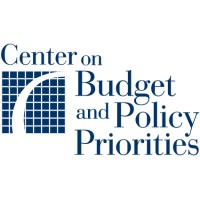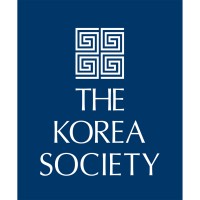
CBPP Alums-Interns and RAs
We are a nonpartisan research and policy institute. We pursue federal and state policies designed both to reduce poverty and inequality and to restore fiscal responsibility in equitable and effective ways. We apply our deep expertise in budget and tax issues and in programs and policies that help low-income people, in order to help inform debates and achieve better policy outcomes.






